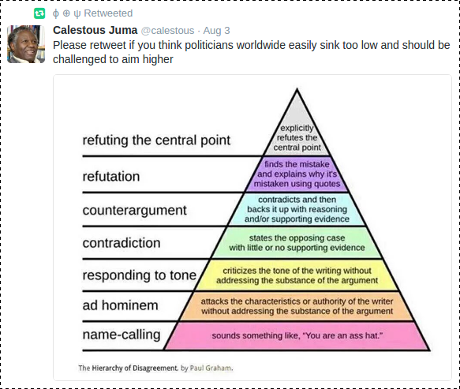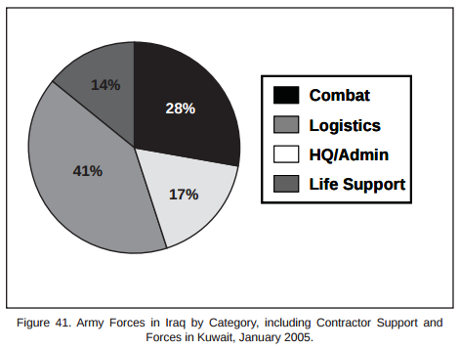Jonathan Peters‘s Shield laws and journalist’s privilege: The basics every reporter should know is a must read … before a subpoena arrives.
From his post:
COMPELLED DISCLOSURE is in the air.
A federal judge has ordered Glenn Beck to disclose the names of confidential sources he used in his reporting that a Saudi Arabian man was involved in the Boston Marathon bombing. The man sued Beck for defamation after he was cleared of any involvement.
Journalist and filmmaker Mark Boal, who wrote and produced The Hurt Locker and Zero Dark Thirty, has asked a judge to block a subpoena threatened by military prosecutors who want to obtain his confidential or unpublished interviews with US Army Sgt. Bowe Bergdahl, accused of being a deserter.
A state judge has ruled that a New York Times reporter must testify at a murder trial about her jailhouse interview with the man accused of killing Anjelica Castillo, the toddler once known as Baby Hope. The judge said the interview included the only statements the man made about the crime other than those in his police confession.
If my inbox is any indication, those cases have prompted a surge of interest in shield laws and the practice of compelled disclosure. What is a shield law, exactly? When can a government official require a reporter to disclose sources or information? Who counts as a journalist under a shield law? What types of sources or information are protected? Is there a big difference between a subpoena and a search warrant?
Those are the questions I’ve been asked most often in this area, as a First Amendment lawyer and scholar, and this post will try to answer them. (Please keep in mind that I’m a lawyer, not your lawyer, and these comments shouldn’t be construed as legal advice.)
…
As useful as Jonathan’s advice, in conjunction with advice from your own lawyer, I would point out by the time a subpoena arrives, you have already lost.
Because of circumstances, a jail house interview where you are the only possible source, or bad OpSec, you have been identified as possessing information state authorities want.
As Jonathan points out, there are governments with shield laws and notions of journalist privilege, but even those have fallen on hard times.
Outside of single source situations, consider anonymous posting of information needed for your story.
You can cite the public posting, as can others, which leaves the authorities without a target for their “name of the source” subpoena. It’s public information.
No one will be able to duplicate months of research and writing with a week or two and public posting may keep the you out of the cross-hairs of local government.
Posting unpublished information is an anathema to some, who think hoarding is the only path to readers. They are the best judges of whether they are read because they hoard or because of their skills as story tellers and analysts.
As an additional precaution, I assume you have a documented story development trail that you can fight tooth and nail to keep, which when disclosed shows your reliance on the publicly posted data. Yes?
PS: Wikilinks is one example of a public posting venue. Dark web sites for states (or other administrative divisions) or cities might be more appropriate. My suggestion is to choose one that doesn’t censor data dumps. Ever.






